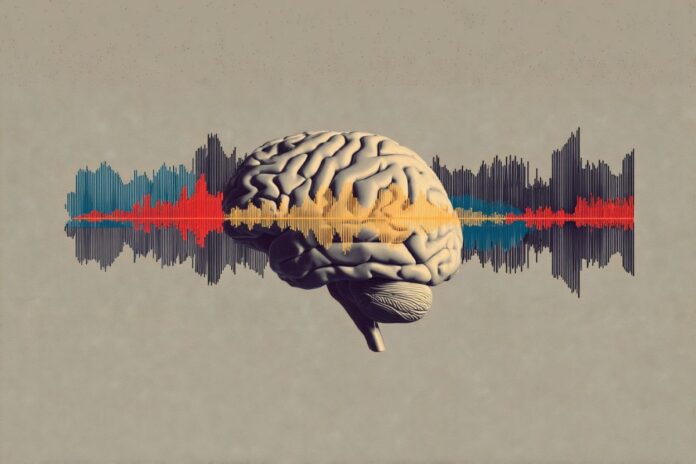Researchers at the University of Bath have developed a groundbreaking brainwave test that could transform the early detection of Alzheimer’s disease. The new technique, known as Fastball EEG, takes just three minutes and provides an objective way to measure memory function, even before symptoms become obvious.
How the Test Works
Fastball EEG uses a simple setup: participants view a rapid series of images while their brain activity is recorded. Unlike traditional memory tests, this method requires no active participation or verbal response. The test captures subtle differences in recognition memory that standard assessments may overlook.
In recent trials, the method successfully identified individuals with Mild Cognitive Impairment (MCI) — a condition that often precedes Alzheimer’s. Detecting MCI early is crucial, as timely diagnosis allows for closer monitoring and potential early treatment.
Why It Matters
Alzheimer’s is a progressive disease, and by the time it is usually diagnosed, much of the brain damage has already occurred. Early detection is becoming more urgent as new treatments show greater effectiveness when started sooner.
Dr. George Stothart, the study’s lead researcher, described Fastball EEG as “a passive, affordable, and scalable solution” that could one day be used in GP clinics, community centers, or even in people’s homes.

A Step Toward Wider Access
What makes Fastball EEG especially promising is its accessibility. Because the test is non-invasive, inexpensive, and easy to administer, it has the potential to reach people who might not otherwise receive specialist neurological care.
Experts believe this innovation could complement blood tests, brain scans, and other diagnostic tools, creating a more complete picture of brain health.
Larger clinical trials are now underway to validate the test across diverse populations. If successful, Fastball EEG could become a key tool in routine Alzheimer’s screening — enabling patients and families to plan earlier, access treatment sooner, and improve long-term outcomes.
For now, the science community is cautiously optimistic. While further testing is needed, Fastball EEG represents a bold step forward in the fight against one of the world’s most challenging neurological diseases.


